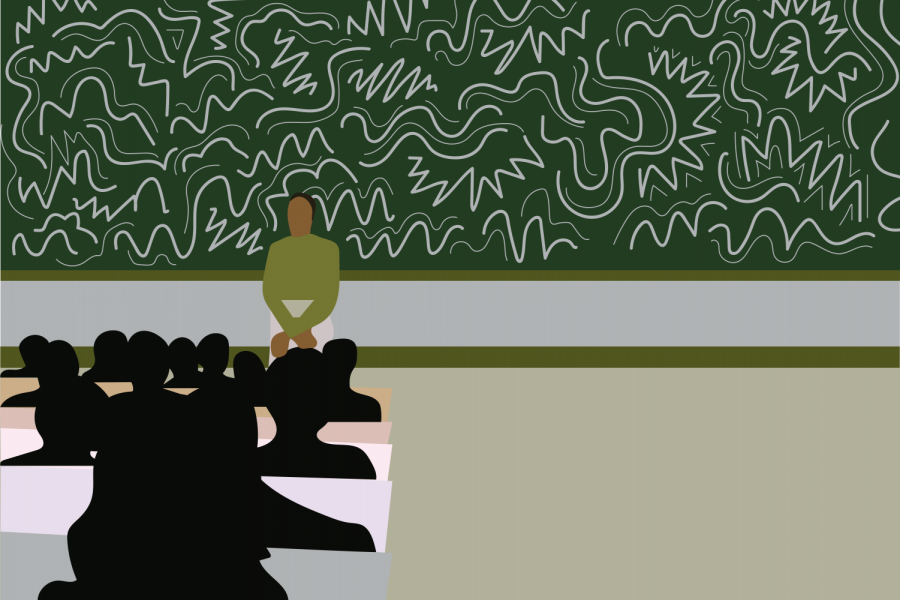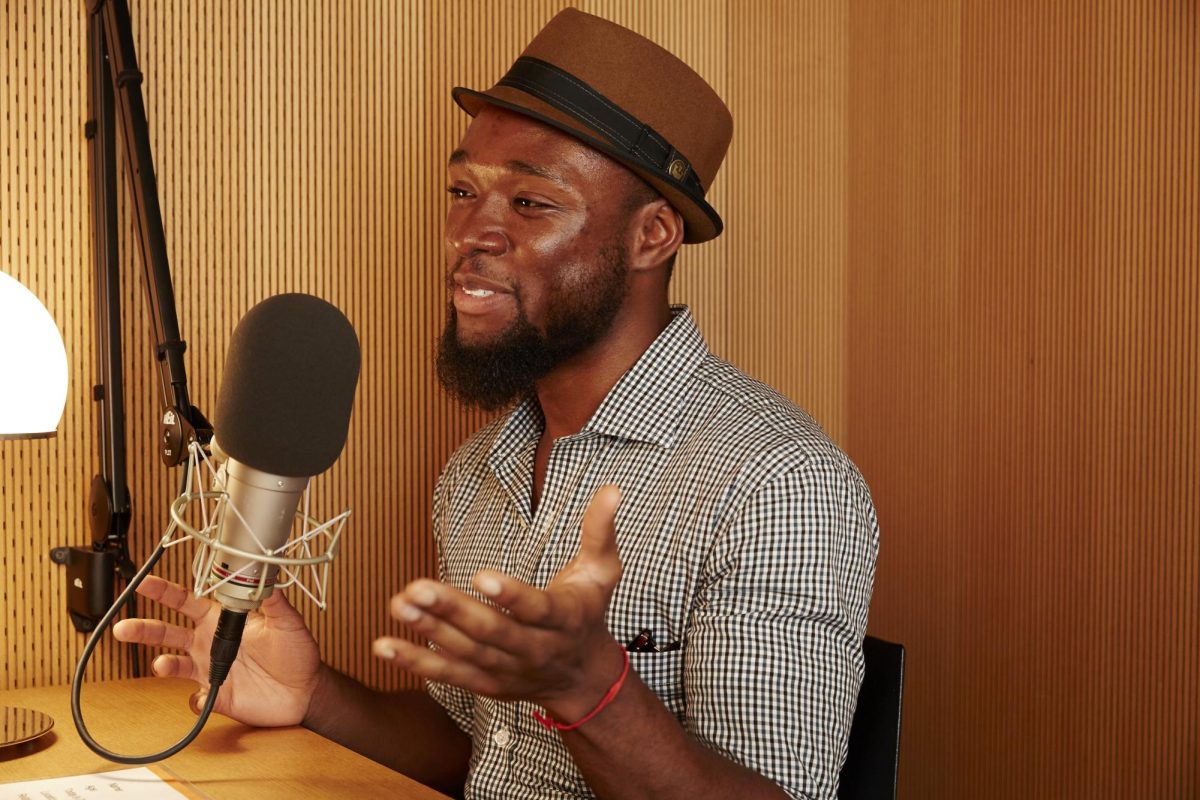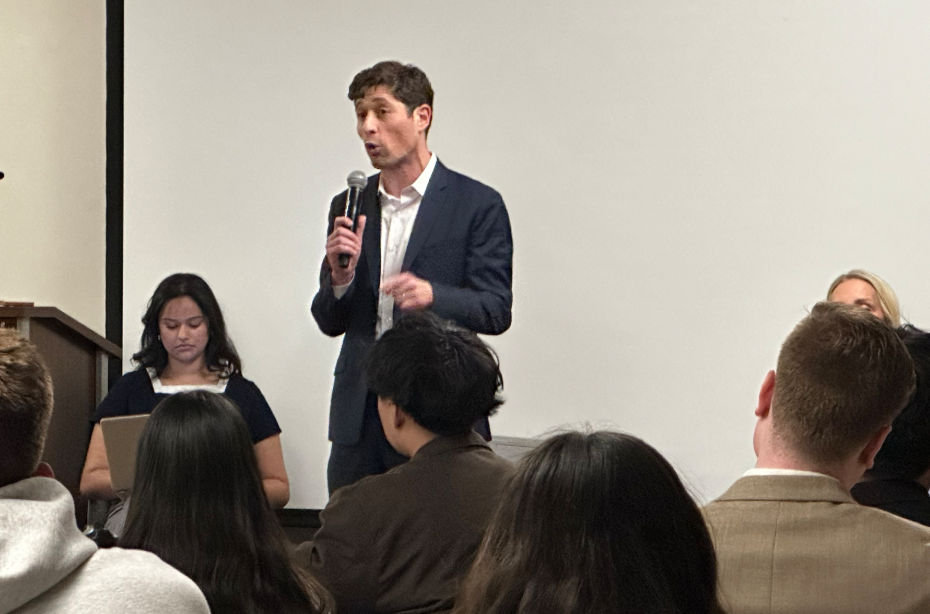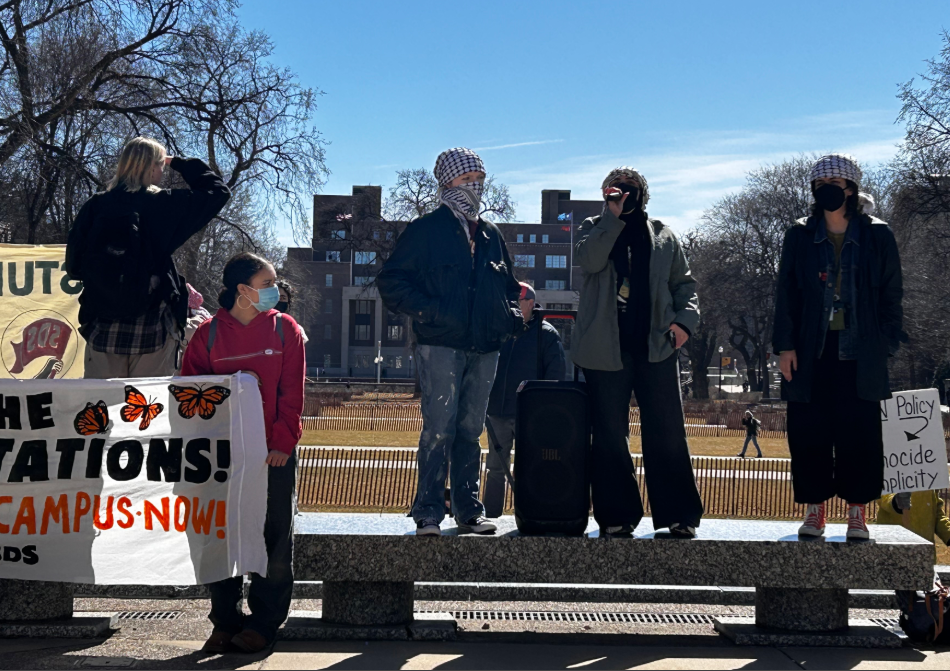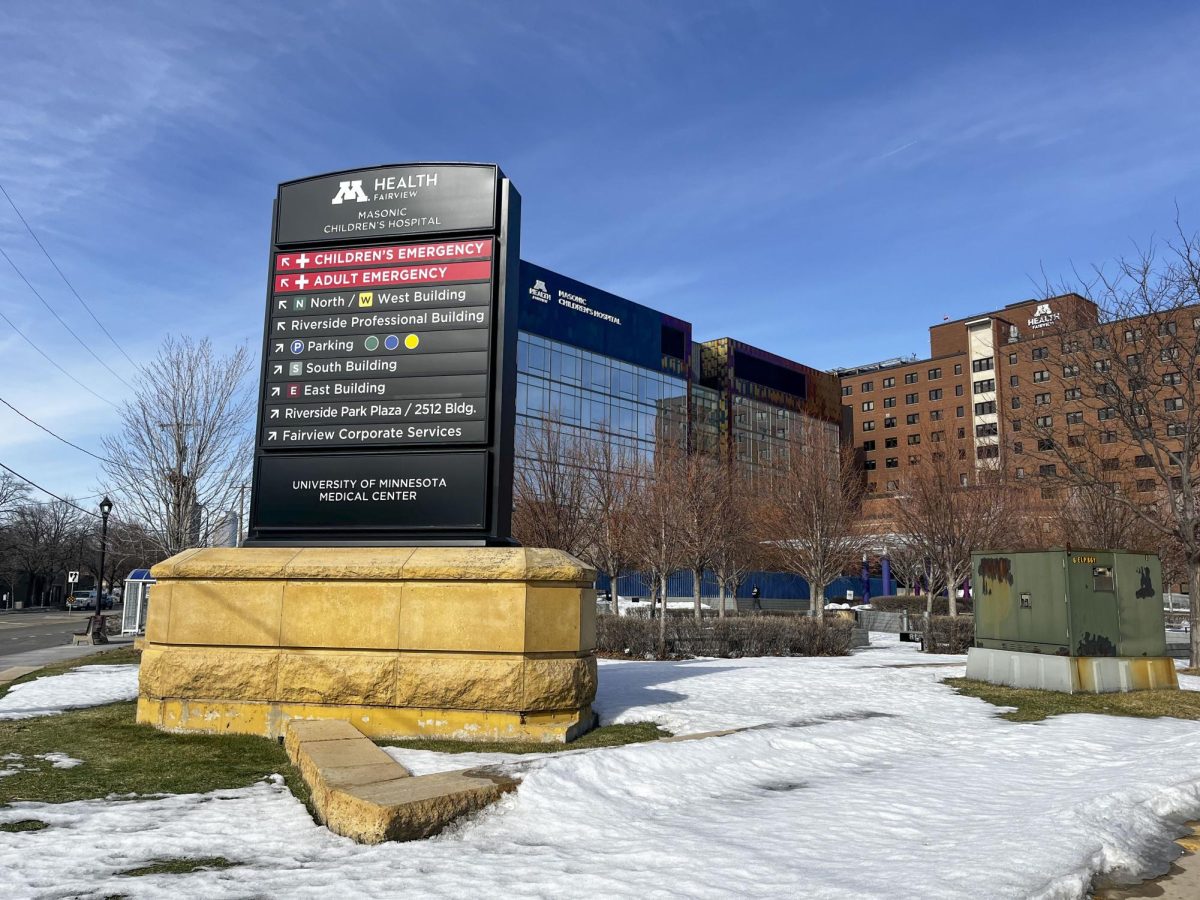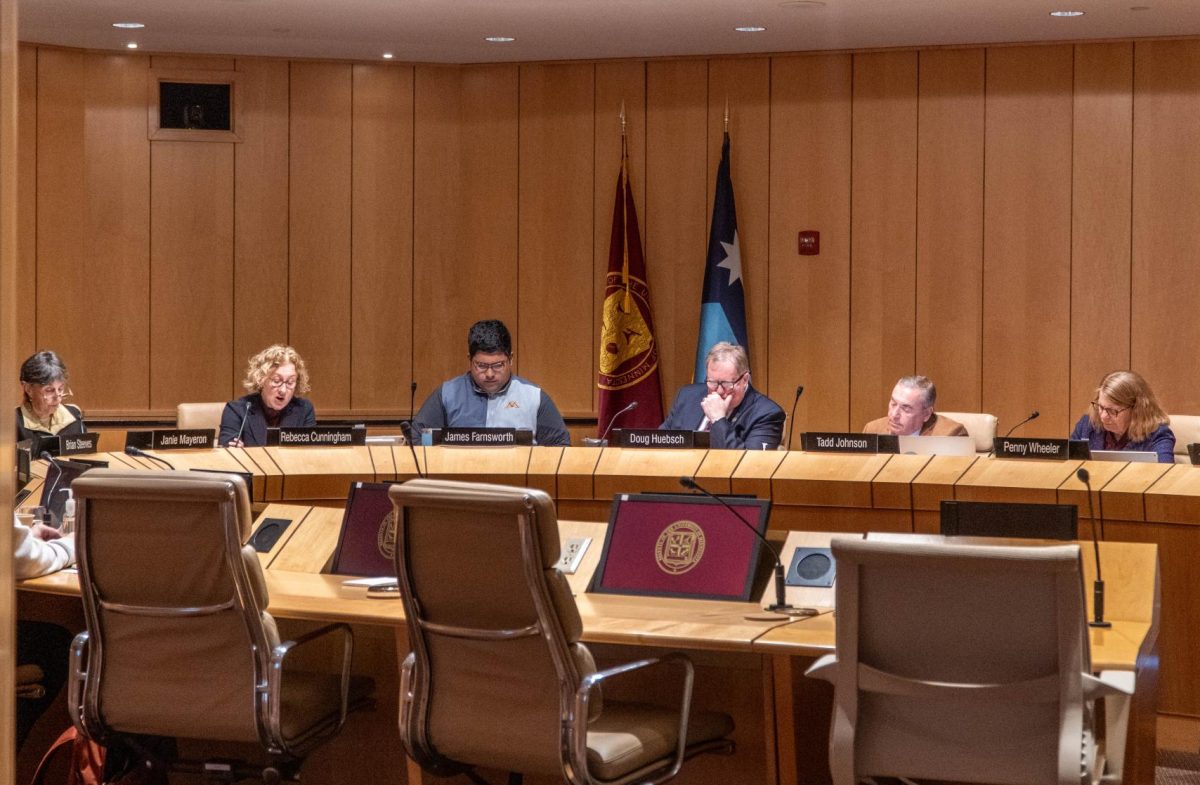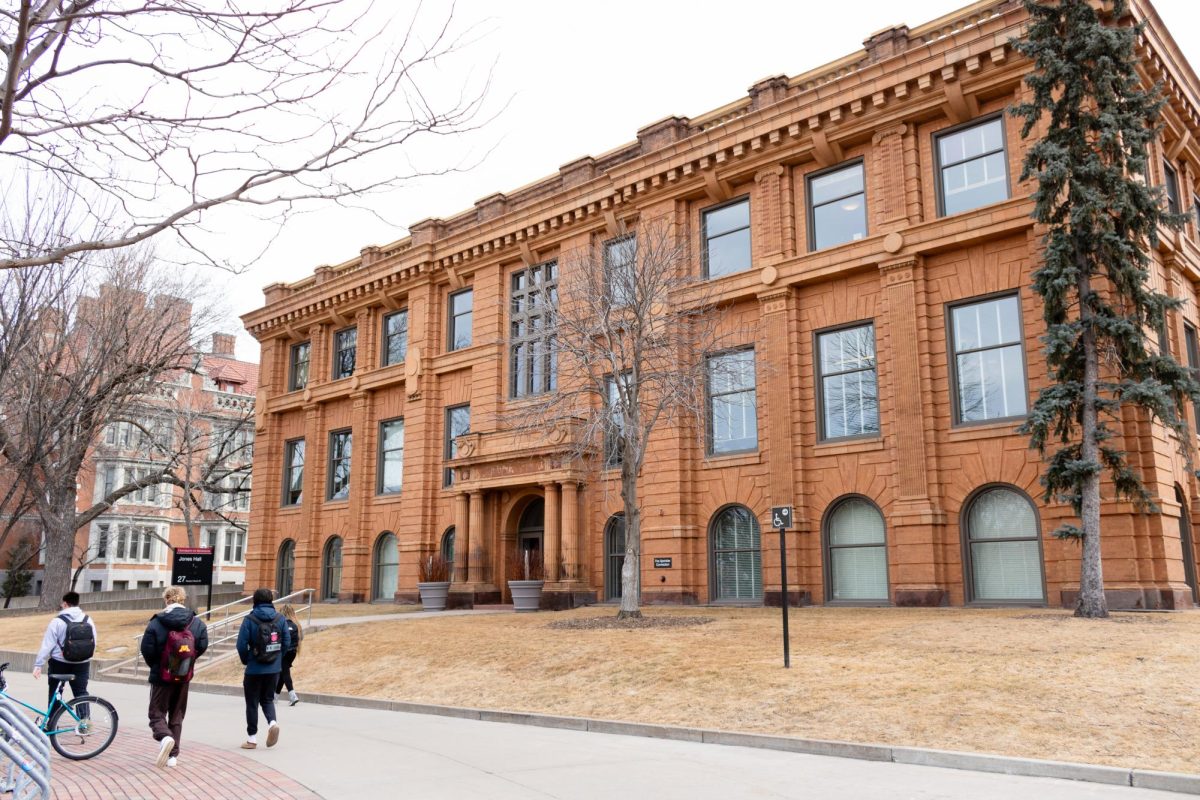After starting their positions in June, the new deans at both the College of Veterinary Medicine and the College of Education and Human Development (CEHD) at the University of Minnesota discussed potential challenges and future goals for their colleges.
Laura Molgaard, the new dean of the veterinary school, and Michael C. Rodriguez, the new dean of CEHD, both became deans this summer after holding interim positions for more than a year. Although the search for new deans was complicated due to hiring pauses and restrictions during the pandemic, now that they’ve started their new positions, Molgaard and Rodriguez said they have many goals that they are pursuing.
For Molgaard, some of her initiatives include strategic planning and partnerships within and outside the veterinary school, with much of the strategic planning hopefully done within her first year as dean.
“[Strategic planning] is important to align our goals and align our work,” Molgaard said. “Growing partnerships that unlock resources and support our mission is a strong tradition and I want to sustain and grow those partnerships.”
In addition to strategic planning and partnerships, Molgaard also said investing in infrastructure, sustainable budgeting and supporting a culture of helping people thrive are all a part of her goals as dean.
For Rodriguez, one of his goals is to increase access for those who typically may not have the opportunity to attend CEHD by increasing support networks and community outreach.
“Part of this means increasing student support (financial and social) and communicating with communities that haven’t had as much access traditionally, including partnership with tribal colleges and communities in the region,” Rodriguez said in an email to the Minnesota Daily.
Rodriguez also said one of difficulties this year will be recruiting diverse faculty and staff after a year of reduced hiring. As many colleges and universities are also hiring, it creates a level of competition for faculty that hasn’t been seen before, he said.
Molgaard and Rodriguez both said the uncertainty of the COVID-19 pandemic has played a huge role in their transitions and time as deans.
“Then of course the record scratch happened and we had to transition everyone,” Molgaard said. “We have a Veterinary Medical Center and a Veterinary Diagnostic Lab and most of that work must happen on campus and cannot happen virtually.”
Molgaard also said she dramatically increased the number of communications she sent out, and planning for pandemic protocols and procedures happened almost constantly.
“So we began immediately on Zoom around the clock, those early days, seven days a week, helping navigate that transition and increasing communication to the college,” Molgaard said. “I increased my email communications dramatically to focus not only on operational changes that everyone needed to understand, but also to keep other strategic priorities at the forefront.”
Rodriguez stated that the uncertainty can make it difficult to plan. However, the department chairs and management have made the work much more rewarding, he said.
“The amazing and committed senior management team and awesome department chairs — the academic leadership team; having great partners and colleagues makes the work so much more rewarding and motivating,” Rodriguez said in the email.
Cathy Carlson, a professor and chair in the department of Veterinary Clinical Science said Molgaard is a great communicator and listener.
“She has the ability to communicate effectively with all different types of people,” Carlson said. “There are some areas that she isn’t as knowledgeable in because no dean is an expert in all areas, but she makes up for that by being a great listener and learner.”
According to Carlson, even while serving as the interim dean, Molgaard wasn’t afraid to solve the multitude of problems facing the veterinary school during the pandemic.
“She tackled problems large and small very effectively,” Carlson said. “I’ve been in many meetings working closely with her, she is a go-to person for advice.”
When it comes to the future and next steps, Molgaard and Rodriguez said they are hoping to capture the best of working remotely and in person.
“However, we also know that more members of the college community and our community partners have been able to participate in online meetings — access has improved greatly through Zoom and other online platforms,” Rodriguez said in the email. “As we move into flex schedules, I hope we can capture the best of both worlds.”
Molgaard’s sentiments were similar about the future of work and education at the University.
“The future of work is both about flexibility on location of where some of us work, but also about other aspects of how we do our work,” Molgaard said. “We can [use] this unplanned experiment of COVID to harvest the lessons [learned].”


